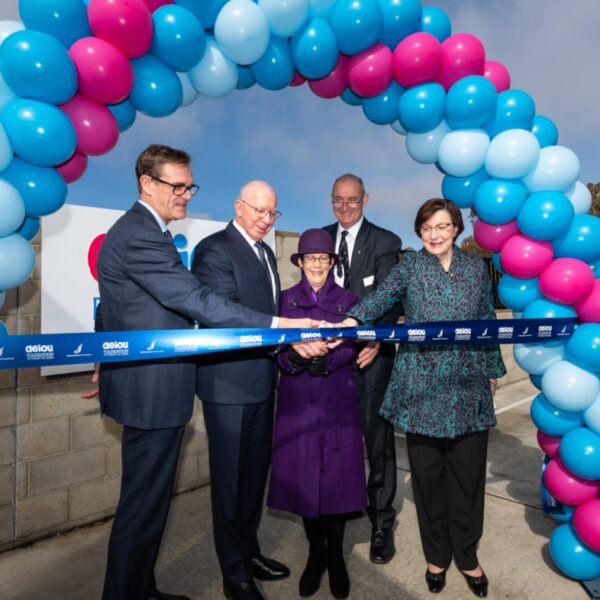New machine learning model can predict autism in young children from an early age

A new machine learning model can predict autism in young children from relatively limited information, Karolinska Institutet researchers have found.
“With an accuracy of almost 80 percent for children under the age of two years of age, we hope that this will be a valuable tool for healthcare,” Associate Professor Kristiina Tammimies, last author of the study said.
The research team used a large US database (SPARK) with information on approximately 30,000 individuals with and without autism spectrum disorders.
By analyzing a combination of 28 different parameters, the researchers developed four distinct machine-learning models to identify patterns in the data. The parameters selected were information about children that can be obtained without extensive assessments and medical tests before 24 months of age. The best-performing model was named ‘AutMedAI’.
Among about 12,000 individuals, the AutMedAI model was able to identify about 80 per cent of children with autism. In specific combinations with other parameters, age of first smile, first short sentence and the presence of eating difficulties were strong predictors of autism.
“The results of the study are significant because they show that it is possible to identify individuals who are likely to have autism from relatively limited and readily available information,” First author Assistant Professor Shyam Rajagopalan said.
Early diagnosis is critical, according to the researchers, to implement effective interventions that can help children with autism develop optimally.
“This can drastically change the conditions for early diagnosis and interventions, and ultimately improve the quality of life for many individuals and their families,” AP Rajagopalan added.
In the study, the AI model showed good results in identifying children with more extensive difficulties in social communication and cognitive ability and having more general developmental delays.
While the researchers are excited by their findings, they caution that the model is not intended to replace a clinical assessment of autism.
“To ensure that the model is reliable enough to be implemented in clinical contexts, rigorous work and careful validation are required,” AP Tammimies said.
“I want to emphasize that our goal is for the model to become a valuable tool for health care, and it is not intended to replace a clinical assessment of autism.”
Popular

Workforce
Quality
Practice
Provider
Research
How one teacher is using Little J & Big Cuz to build empathy, understanding and confidence in First Nations learning
2025-12-08 07:15:19
by Fiona Alston

Quality
Policy
Practice
Provider
Economics
Research
Workforce
NQF Annual Report 2025: Quality gains continue, but sector faces compliance pressures and persistent equity gaps
2025-12-10 07:21:19
by Fiona Alston

Research
Provider
Intentional science play: a three‑stage pathway to foster children’s scientific literacy in the early years
2025-12-10 07:45:26
by Fiona Alston
















